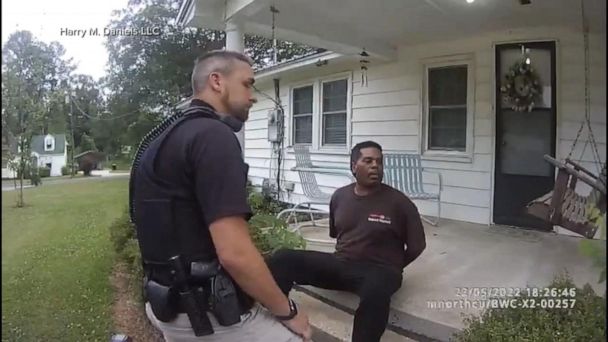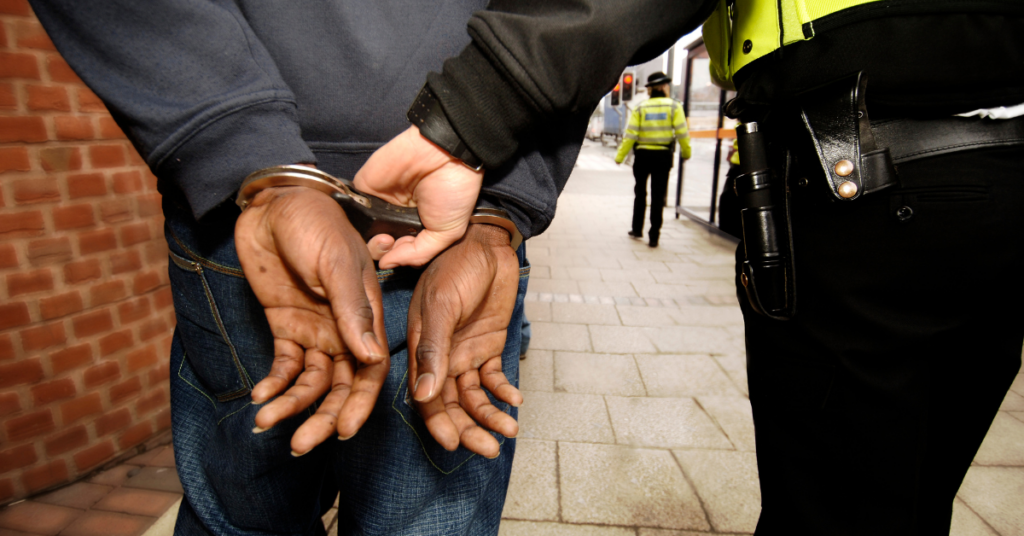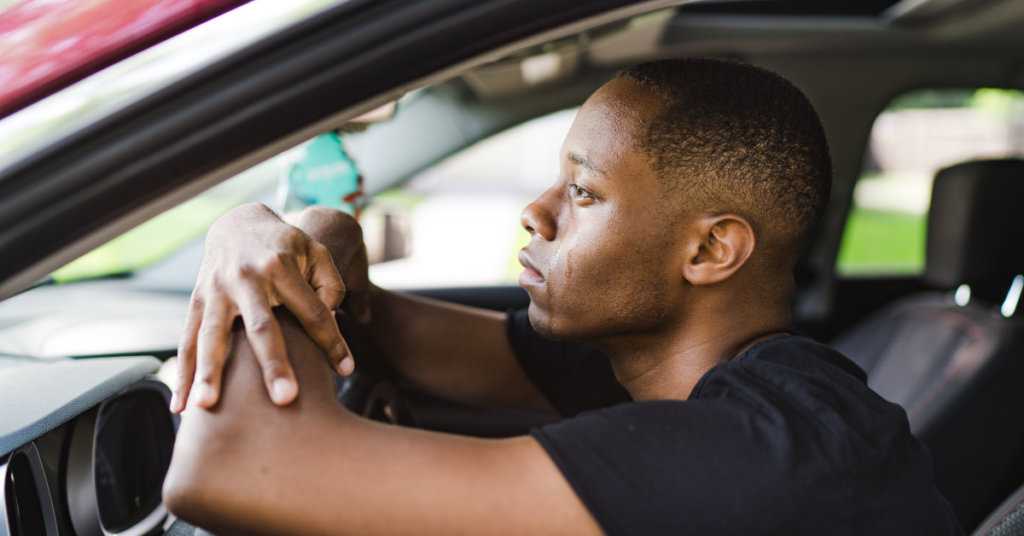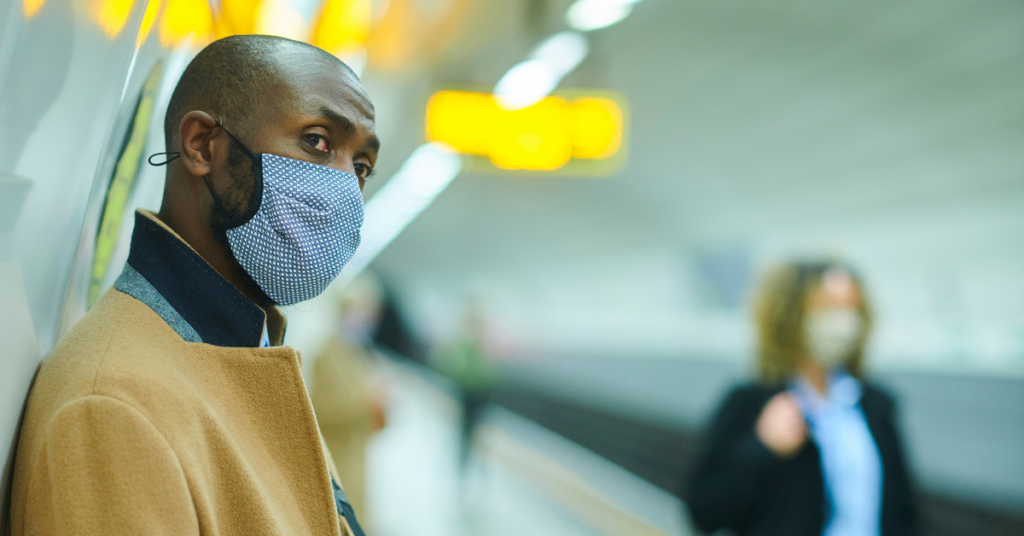Add “watering flowers while black” to the list of things that could get you racially profiled, arrested and threatened with jail.
That’s precisely what happened when police officers in Childersburg, Alabama responded to a call of a suspicious man outside of a house in May. Recently released body cam footage showed police officers arriving at that house only to find Pastor Michael Jennings, a Black man, watering his neighbors’ flowers because they were out of town. What started out as a friendly encounter quickly turned hostile when officers asked Jennings to produce ID. When he refused, they handcuffed and placed him in the back of a squad car.
The charges would eventually be dropped, but the effects from this incident have lingered, based on what Jennings told ABC News recently.

“To be shackled and to have your freedom taken away from you…It’s dehumanizing…It’s something that — it gives you nightmares,” he said.
What his case illustrates is how racial trauma can trigger effects that last months after the actual event. Trauma could result from a single harmful encounter like what Jennings experienced or through a series of subtle microaggressions.
Plus, police violence against unarmed Black people can produce a litany of effects that can go far beyond the victim.
Here are six facts on how racial profiling and violence by the police can impact your mental and physical health:
Post-traumatic stress disorder (PTSD) is the most common outcome for victims of racial trauma.
There is a profound connection between racial discrimination and PTSD symptoms, according to this report from the PTSD Research Quarterly. People of color, particularly Black people, tend to experience higher rates of PTSD than their White counterparts. One possible reason, says the American Psychological Association (APA), is because of exposure to racism.
Trauma from racial profiling can produce symptoms that mirror PTSD.
It’s not uncommon for people who have been exposed to racial trauma to exhibit these symptoms:
- Experiencing nightmares, flashbacks and/or distressing thoughts
- Having difficulty sleeping
- Feeling on edge
- Becoming easily startled
- Having outbursts
- Avoiding places, situations, thoughts, feelings or objects that remind you of that trauma
Witnesses to racial trauma can experience PTSD effects months after the stigmatizing event.
The young woman who recorded George Floyd’s brutal murder recalled closing her eyes at night and seeing a Black man lifeless on the ground months after that incident. She wrote about not being able to sleep. She also admitted that she would “shake so bad at night my mom had to rock me to sleep.” Her account syncs with what the Diagnostic and Statistical Manual of Mental Disorders, Fifth Edition (DSM-5) states about PTSD: It could result from indirect exposure, like witnessing the traumatizing event or “learning that a loved one was exposed to the trauma.”
Highly-publicized police killings of unarmed Black people have a “spillover” effect.
A survey published in The Lancet found that police killings of unarmed Black people had a spillover effect on Black people living in the regions where those events occurred. The study found that those effects were felt the strongest about one to two months after exposure. It also noted that White survey respondents reported feeling no impact from those incidents.
Black people who consume media of other Blacks being killed by police can also experience negative effects.
The police murders of George Floyd, Eric Garner, Freddie Gray, and others have “a broad and immediate impact,” states this article from Biological Psychiatry. “When a member of a minority group is killed, their whole community is forced to witness—not only through personal narratives of the victims, but through the imagery of the endless media (and social media) frenzy.”
The authors also wrote that the inordinate media accounts of minority victims killed by police are akin to lynching where dead Black people were displayed for public consumption. “These events convey the omnipresent threat of violence—that merely walking down the street or driving a car can be life-threatening.”
Racial trauma can produce life-threatening physical health conditions.
Racial profiling and other incidents that trigger racial trauma can cause the body to release stress hormones. Chronic and prolonged stress that result from trauma can put you at risk for the following conditions:
- High blood pressure
- Diabetes
- Obesity
- Heart disease
- Skin issues like eczema or acne
- Prolonged stress can also worsen any pre-existing health condition you may have.












